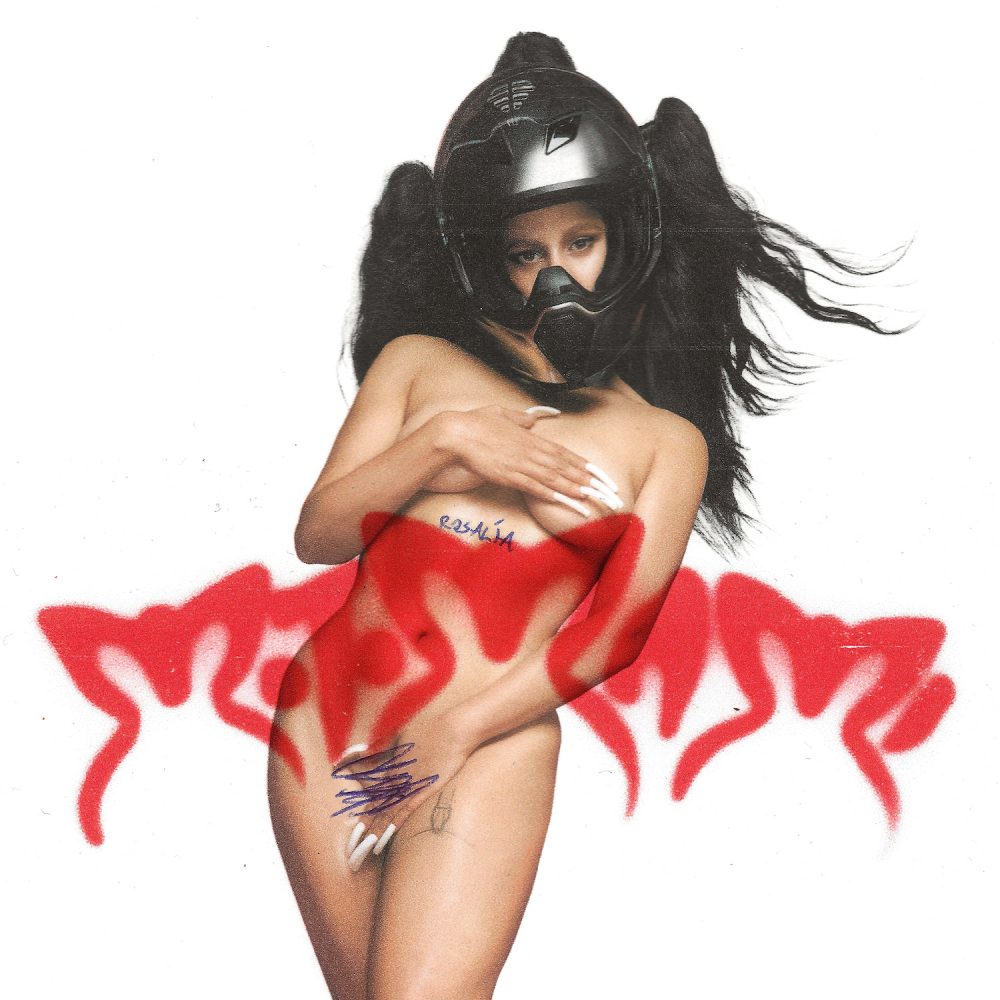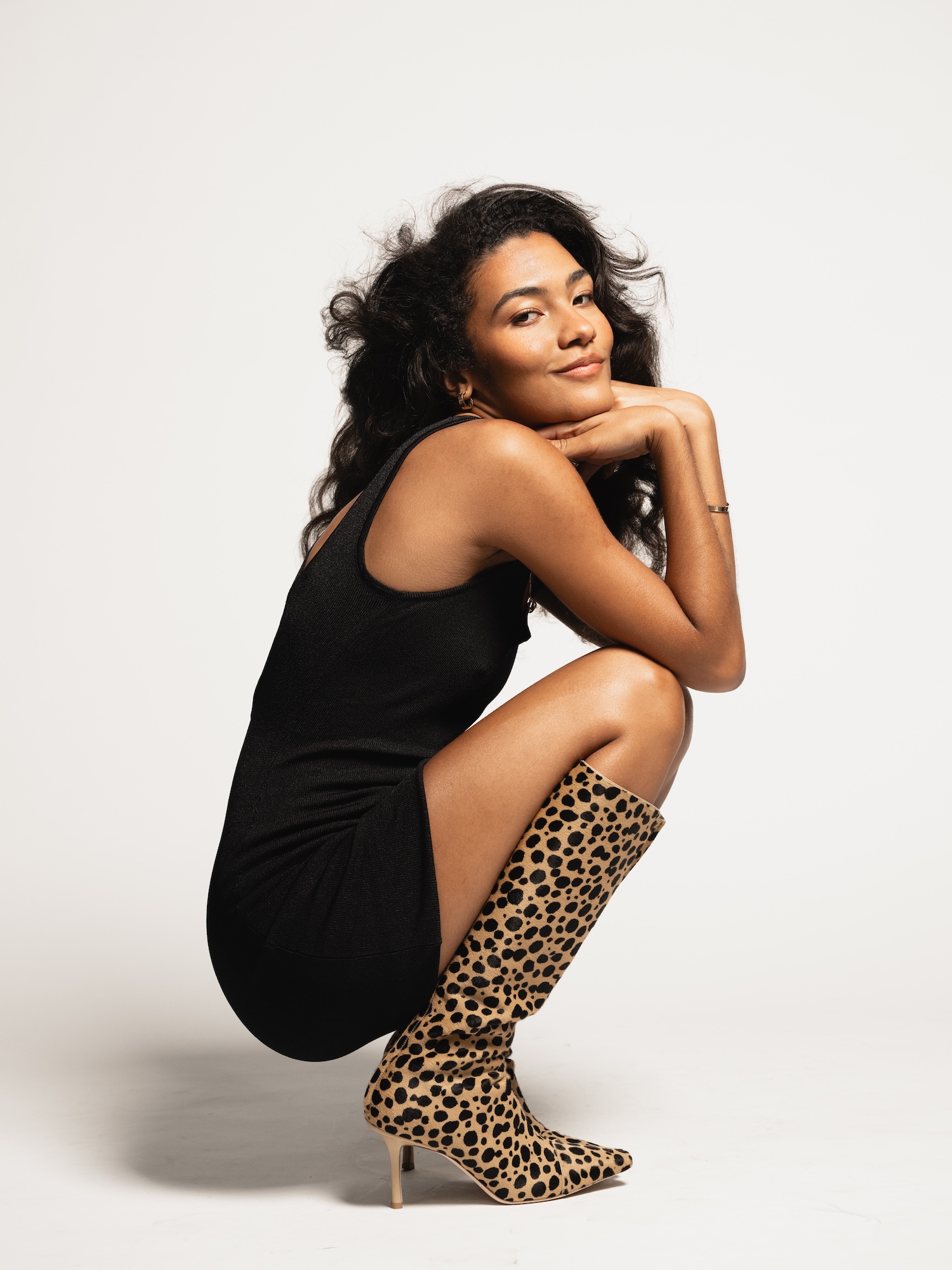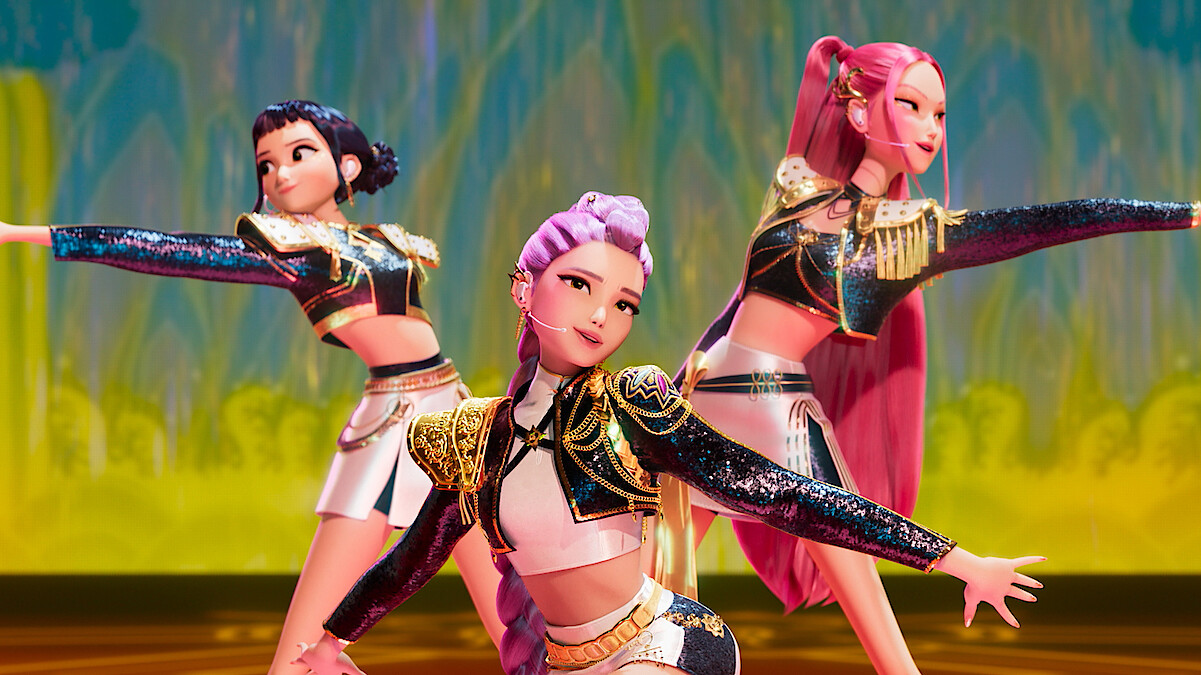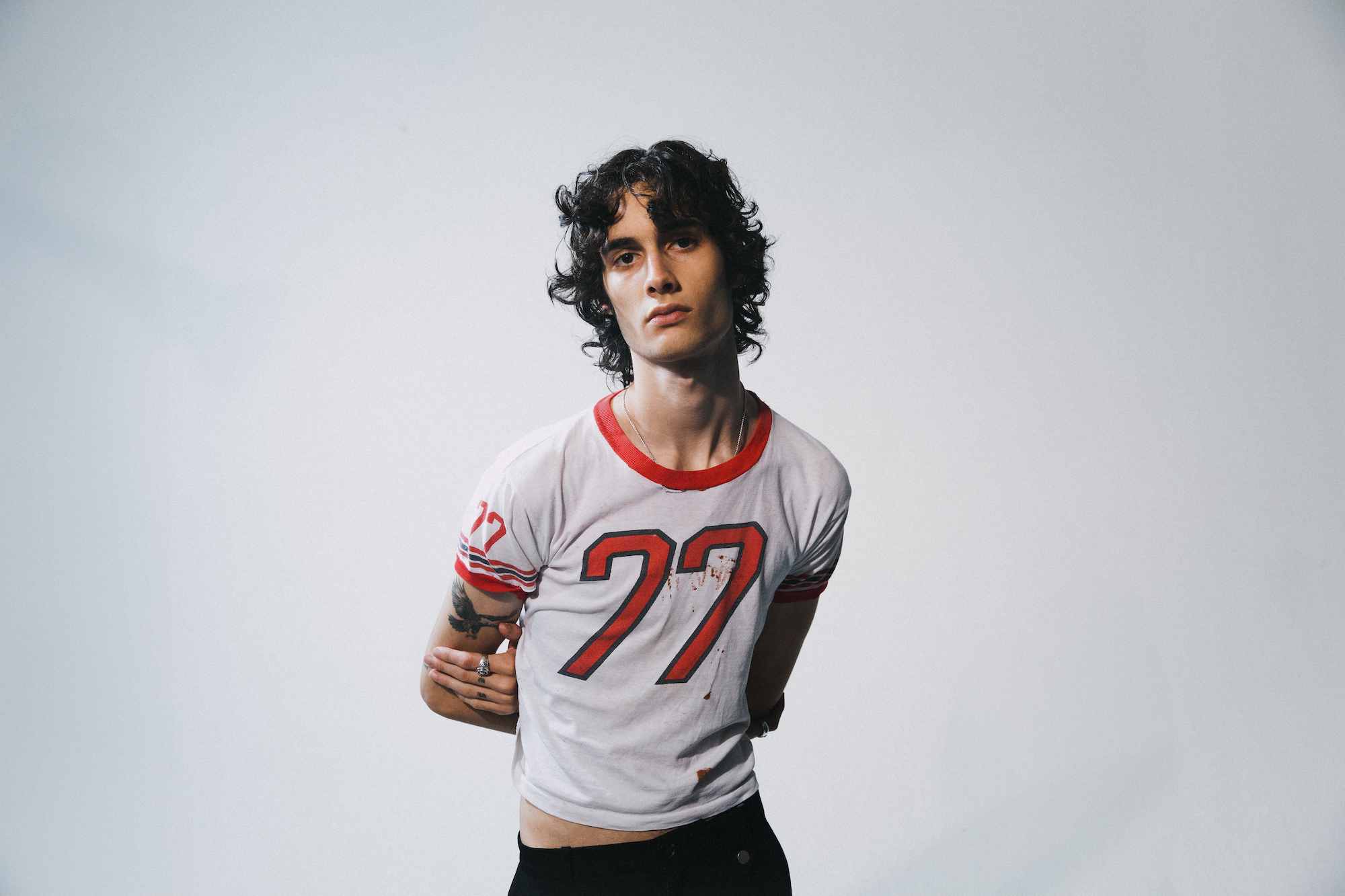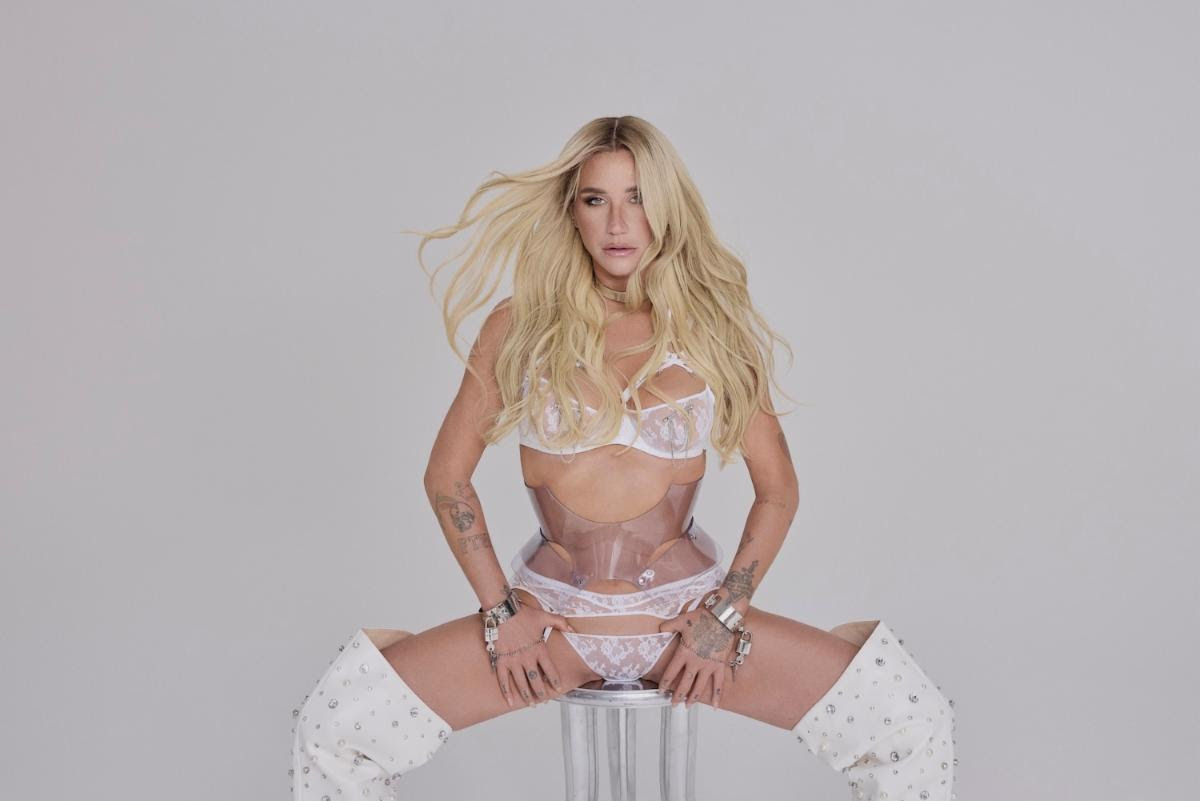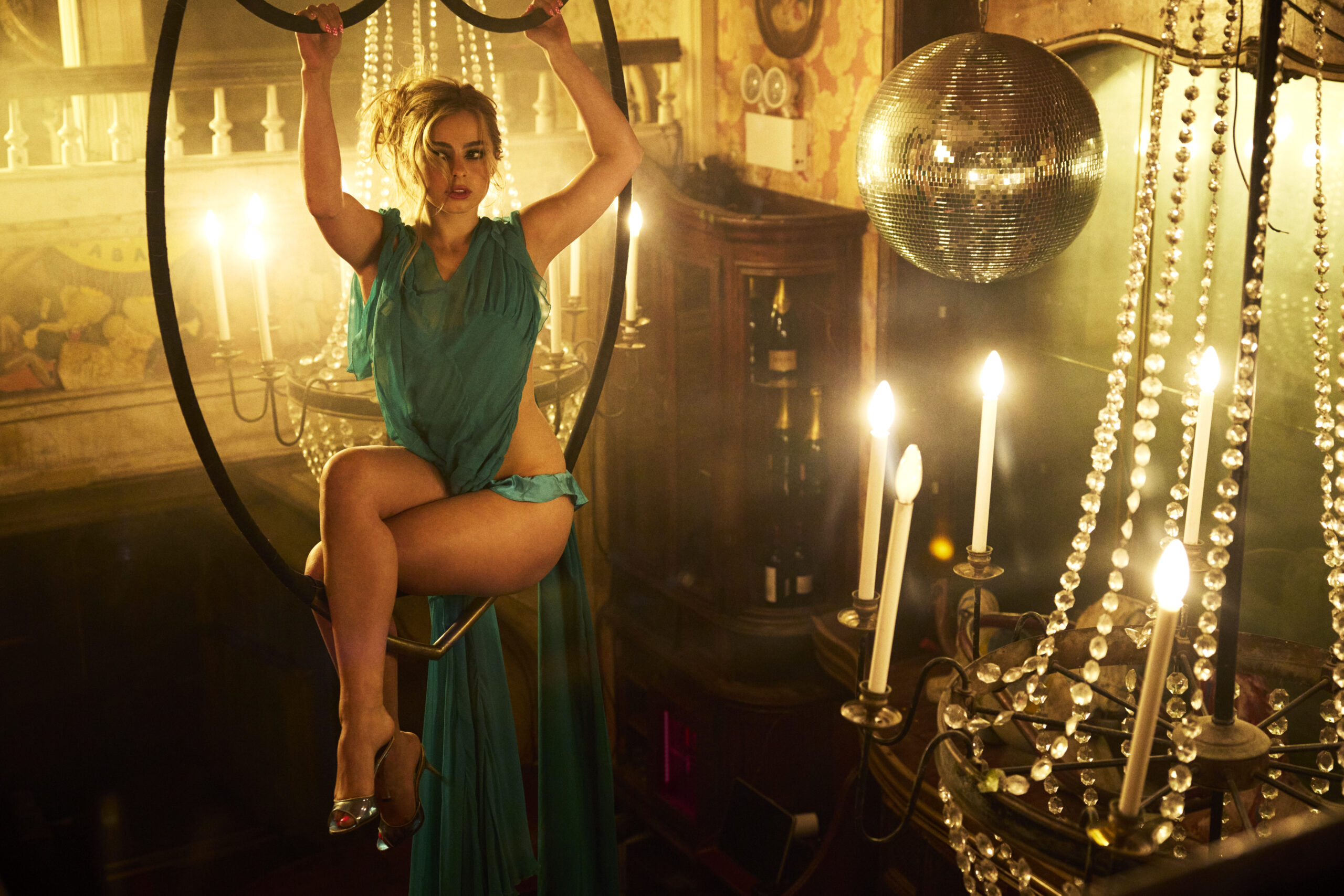Sifting through the piles of press surrounding Rosalía Vila Tobella, words like "exciting," "futuristic," and "intriguing" come up a lot. The casual, US-based pop music listener has been hearing the Spanish singer's name more and more often, likely in conjunction with American or Canadian collaborators; there's Rosalía's joint single with the Weeknd, "La Fama," 2019's "Barefoot In The Park" with James Blake, and last year's "Lo Vas a Olvidar" with Billie Eilish, just for starters. But if you've been following the rise of Rosalía, you'll understand why journalists like to apply innovative adjectives to describe her artistry. Rosalía has been in conversation with classic Spanish folkloric music since her teen years, and, over the course of three albums, including the just-released MOTOMAMI, she has never stopped looking for ways to both engage with and modernize music's criterion collection.
Before we dig into MOTOMAMI, let’s talk about Rosalía’s background. Born in 1992 outside of Barcelona, Rosalía grew up in Sant Esteve Sesrovires, a small town in northern Catalonia listening to the late flamenco singer Camarón de la Isla. As a teen, she started taking professional flamenco lessons and attended music academies such as the Taller de Músics and the Superior School of Music of Catalonia. She even competed on the Spanish talent show ¡Tú sí que vales! (translated to You Are Worth It!) and joined the flamenco music group Kejaleo, appearing on their 2013 album Alaire. By age 20, she was working as a flamenco teacher and vocal coach while collaborating with various other artists and even singing the campaign jingle for Spanish fashion brand Desigual.
In 2016, Rosalía signed to Universal Music and relocated to California; the next year, she released her studio debut, the aptly named Los Ángeles, which the singer described as a concept album about grief and death. Musically, Los Ángeles encompassed a range of flamenco musical styles: alegrías, tangos, fandangos, fandanguillos, seguidillas, tarantas, and malagueñas -- plus guajira, saeta, and milonga. Speaking to Jezebel in 2018, Rosalía drove home her wish to honor flamenco in the "traditional sense" on her debut, leaning into guitar-and-vocal minimalism. Though she would ascend to new levels of global recognition via her follow-up album, 2018's El Mal Querer, Los Ángeles did net her a Best New Artist Latin Grammy.
El Mal Querer was undoubtedly the project that shot Rosalía to mainstream levels of crossover success. Written by Rosalía and co-produced by Spanish superproducer (and former Stereogum Artist To Watch) El Guincho, El Mal Querer was technically the singer's baccalaureate project prior to graduating from Catalonia College of Music. Musically, it combined a mishmash of flamenco plus pop and Latin urban sounds, and it won Rosalía a whole mess of Grammys, both Latin and non-Latin. Also of note, she became the first Spanish-singing act in history to be nominated for Best New Artist at the mainstream Grammy Awards, though she lost out to Billie Eilish that year.
In the years between El Mal Querer and MOTOMAMI, Rosalía started branching out far beyond the futuristic flamenco sound that helped her break through, releasing more hip-hop-oriented material like "AUTE CUTURE" and "Fucking Money Man." She also went on something of a collaborative streak. In 2019 she linked with J Balvin and Ozuna for the reggaeton hits "Con Altura" and "Yo x Ti, Tu x Mi." That year she joined up again with James Blake on the 2019 track "A Palé" and was featured on a remix of Travis Scott's "Highest In The Room" with Lil Baby. She did another collaboration with Scott, on 2020's "TKN," and then joined Arca for "KLK." Also in 2020, she appeared on Bad Bunny's "La Noche De Anoche" and jumped on a remix of the Weeknd's mega-popular "Blinding Lights." Further cementing her affinity for the experimental, Rosalía also released a collaboration with Oneohtrix Point Never on "Nothing's Special" in 2021 and hopped on Dominican rapper Tokischa's "Linda."
After all that buildup, the stakes are high for Rosalía on MOTOMAMI. She delivers and then some.
For starters, as hinted at by everything she's released since "Con Altura," MOTOMAMI is a sonic and conceptual departure from Rosalía's previous albums. Los Ángeles and El Mal Querer were primarily flamenco albums, the latter being on the experimental side, Motomami is by far Rosalía’s most transformative. Across 16 tracks, she tinkers with reggaeton rhythms and raps about fame, romantic passion, and most importantly, herself. Rosalía recently called MOTOMAMI a "self portrait"; she says it's her most personal album to date and that it's inspired by the Latin music she danced to with her cousins growing up. Los Ángeles technically was a collection of public-domain cover songs, and El Mal Querer was rooted in the 13th-century Occitan novel Flamenca. Rosalía consistently uses albums as a storytelling vehicle, but her latest work marks the first time she’s taken an autobiographical route.
Meanwhile, the title MOTOMAMI is meant to evoke the tension of two things being true at once -- "Moto" implies strength and divinity, and "Mami" has more to do with vulnerability. To that end, Rosalía imbues her third album with songs that lean into both categories, exploring dualities in everything from fame to femininity to love.
There's also a clear, feminist-minded interest in shaking up the status quo within certain genres that peddle macho bravado and misogynist verbiage. As Rosalía told Rolling Stone last fall, "I haven't always found female figures who write in a rawer way, particularly in music or Spanish folk music. It's easier to find those figures in English music rather than Spanish music... I also believe it's not only a reggaeton issue. It's a reflection of society. If this is happening in music, it's because there's something happening at a social level, in the real world."
Rosalía's self-referencing starts right off on the undulating, Daddy Yankee/Wisin-inspired "SAOKO," as she spits verses about evolution. In Spanish, she proclaims, "I'm very much me, I transform/ A butterfly, I transform … I contradict myself, I transform/ I’m everything, I transform." The most immersive moment comes as the song structure itself shifts to include an improvisational piano jazz riff before reverting back to its original form.
The reggaeton theme continues on the more midtempo "Candy," which explores feelings of love and lust ("Dancing to Plan B's Candy/ That’s how you fell in love with me/ The day I met you"), and those desirous vibes extend to to the recently released piano ballad "Hentai," produced by Pharrell Williams and his Neptunes partner Chad Hugo: "In love with your pistol/ Poppy red/ Crash this wave/ Almost controls me."
Aside from sensuality, MOTOMAMI is mired in the way life changes -- for better and for worse -- when you become really, really famous. On the bachata-inspired "La Fama" featuring the Weeknd, Rosalía notes that "fame's a lousy lover and won't ever love you for real/ Too much of a backstabber who comes as easy as she goes." Thumping single "Chicken Teriyaki" covers similar territory, as Rosalía observes, "Fame's a prison sentence, but tell me what other girl's gonna buy your dinner?" Later, Rosalía reunites with her old friend James Blake on "Diablo," who wafts in like the ghost of a dancehall club to warble about a former life erased.
From a production standpoint, MOTOMAMI is expertly and intentionally arranged. Though it veers away from its reggaeton foundation, the penultimate track "La Combi Versace" featuring Tokischa circles back to dancehall as the women trade verses over a swelling synth. It's a nice button on a long but thoughtfully organized track list.
While MOTOMAMI might be an overt inquest into opposing dynamics, if you pull the camera back to look over Rosalía's career to date, it becomes clear that she has always liked to parse and combine contradicting ideas. As an artist who pulls inspiration from a wide range of influences -- Héctor Lavoe, Nina Simone, Patti Smith, Bach, Michèle Lamy, Pedro Almodóvar, Andrei Tarkovsky, Kate Bush, Lauryn Hill -- Rosalía's trademark is her interest in modernizing the classics. An ideal example is the percussive "Bulerías," which finds her in familiar flamenco territory -- with a twist. Rosalía evokes the genre's traditional vocal drama and anguish, but the lyrics are thoroughly contemporary: "I'm as much of a cantaora/ When I'm wearing a Versace tracksuit/ Or dressed like a bailaora."
As someone who could happily spend hours analyzing a many-layered work of art, music, TV, movie, what have you, it's always a pleasure to write about a project like MOTOMAMI that contains multitudes yet is entirely unpretentious. Rosalía's "butterfly" self-descriptor is especially apt here: On her latest work, she achieves new career highs by flitting across subjects that are both self-contained and say something about the world as she sees it. It's just exciting to watch her fly.

CHART WATCH
Chris DeVille here to inform you that Lil Durk has ended the Encanto soundtrack's run atop the Billboard 200. Durk debuts at #1 this week with 7220, which notched 120,500 equivalent album units but just 2,500 in sales, per Billboard. It's Durk's second #1 album following last year's Lil Baby collab The Voice Of The Heroes. 7220 scores the year's third largest c week after the debut weeks from Gunna's DS4Ever (150,300) and the Weeknd's Dawn FM (148,000), which came out the same week back in January.
Entering at #2, their best career chart placement, is Ghost's Impera. The album moved 70,000 units in its first week, including 62,500 in sales. That's not only the week's best sales figure but also the best sales week of 2022 so far, easily surpassing the Weeknd's 37,000 in sales the week Dawn FM was released on CD. It's the highest charting and most consumed rock album on the Billboard 200 since John Mayer's Sob Rock hit #2with 84,000 units back in July. Ghost's previous chart peak was #3 with their prior album, 2018's Prequelle.
After Encanto at #3 and Morgan Wallen at #4 comes a #5 debut for Rex Orange County's Who Cares? The British singer's album tallied 35,000 units and 20,000 in sales, good for his second top-5 effort. After the Weeknd's greatest hits collection at #6 comes a #7 debut for the Christian pop duo for KING & COUNTRY, whose What Are We Waiting For? posted 32,000 units and 28,000 in sales. That matches their previous chart peak with 2018's Burn The Ships. The rest of the top 10 comprises Gunna at #8, Drake at #9, and Doja Cat at #10.
Glass Animals' "Heat Waves" remains #1 on the Hot 100 singles chart for a third straight week. The Kid Laroi and Justin Bieber's "Stay" is back up to #2, followed by Kodak Black's "Super Gremlin" at #3 and GAYLE's "abcdefu" at #4. "We Don't Talk About Bruno" from Encanto is down to #5, while Bieber's "Ghost" climbs to a new #6 peak and Adele's "Easy On Me" slides to #7. Imagine Dragons and JID's "Enemy" is up to #8, becoming the fifth top-10 hit for the band and the first for the rapper. Rounding out the top 10 are Lil Nas X's "That's What I Want" at #9 and Ed Sheeran's "Bad Habits" at #10. OK, back to Rachel...
POP FIVE
GAYLE - "luv starved"
Our favorite teen-pop rising star is back again with a trust-no-one anthem that is both prickly and entirely vulnerable. Over pounding piano, GAYLE recounts how she's so frightened to make a romantic mistake that she's shut herself off from dating, period. But, judging by the title, sealing oneself away is not exactly the healthiest strategy either.
Carrie Underwood - "Ghost Story"
Carrie Underwood has long solidified her status as the go-to for a killer revenge ballad. The booming "Ghost Story" takes a slightly different approach, promising to haunt a former lover instead of merely seeking boring ol' vengeance.
Machine Gun Kelly - "maybe" (Feat. Bring Me The Horizon)
Ah, another week, another MGK single. "Maybe" is catchy enough (I know, I'm so generous when it comes to MGK, maybe it's because he once told me I looked like Daria), but with every new cut from mainstream sellout, I'm less and less interested in being an emo girl.
Normani - "Fair"
All of the love Normani is getting for "Fair" is 100% deserved, and if you don't believe me, just watch her Fallon performance.
Tones And I - "Eyes Don't Lie"
The vocals on "Eyes Don't Lie" are next level -- the speakers on my laptop don't do them justice at all.
NEWS IN BRIEF
- Here's a first look at the Weeknd and Lily-Rose Depp filming the new HBO series The Idol. [Reddit]
- Coldplay released a video for "People Of The Pride." [YouTube]
- Billie Eilish, BTS, Olivia Rodrigo, Brandi Carlile, Lil Nas X, and Jack Harlow are among the artists performing at the Grammys next month. [New York Times]
- Camila Cabello will play an interactive TikTok concert on 4/7. [TikTok]
- Christina Aguilera will headline LA Pride in June. [Twitter]
- Shawn Mendes, Diddy, and Halle Bailey are among presenters at the Oscars next week. [ET]
- Selena Gomez is developing a series based on Sixteen Candles. [Variety]
- GAYLE did "ur just horny" on Corden. [YouTube]
- Tinashe did "X" on Kimmel. [YouTube]
- Kane Brown leads the 2022 CMT Music Awards nominations with four. [Star Tribune]
- Alessia Cara called out Instagram's algorithm in a Twitter post: "only 1% of our followers can see our posts. they force you to be influencers & then block you for not engaging 'correctly.'" [Twitter]
- Jack Harlow's new album Come Home The Kids Miss You is out 5/6. [Fader]
- Lil Nas X teased new tracks with Saucy Santana and NBA YoungBoy. [Twitter]
- Ed Sheeran recounted the time the Game got him so high he "had to go home." [Audacy]
- Charlie Puth did "Light Switch" on Kimmel. [YouTube]
- Shawn Mendes debuted the new song "When You're Gone" at SXSW. [YouTube]
- Machine Gun Kelly announced a tour with support from Avril Lavigne, Travis Barker, Willow, and others. [Louder]
- Måneskin announced their first North American headline tour. [Twitter]
CLOSING TIME
My cousin Shawn M and I have this silly joke where we tell each other Happy Thanksgiving on St. Patrick’s Day ☘️ @ShawnMendes found out about it today.. sorry Shawn!! ? pic.twitter.com/BKya5NVtTN
— Mariah Carey (@MariahCarey) March 18, 2022
